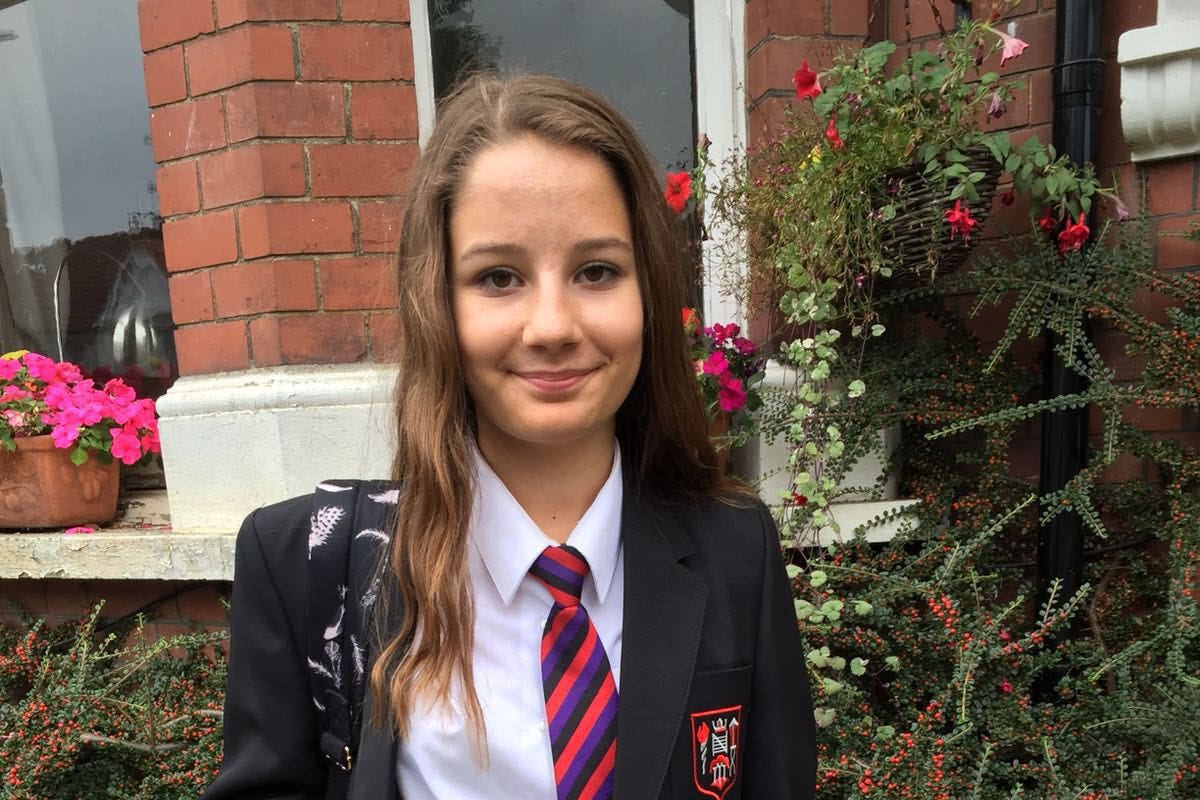Molly Russell died from ‘negative effects of online content’, coroner concludes
The teenager ended her life in November 2017.

Your support helps us to tell the story
From reproductive rights to climate change to Big Tech, The Independent is on the ground when the story is developing. Whether it's investigating the financials of Elon Musk's pro-Trump PAC or producing our latest documentary, 'The A Word', which shines a light on the American women fighting for reproductive rights, we know how important it is to parse out the facts from the messaging.
At such a critical moment in US history, we need reporters on the ground. Your donation allows us to keep sending journalists to speak to both sides of the story.
The Independent is trusted by Americans across the entire political spectrum. And unlike many other quality news outlets, we choose not to lock Americans out of our reporting and analysis with paywalls. We believe quality journalism should be available to everyone, paid for by those who can afford it.
Your support makes all the difference.A senior coroner has concluded schoolgirl Molly Russell died from “negative effects of online content”.
Coroner Andrew Walker said online material viewed by the 14-year-old “was not safe” and “shouldn’t have been available for a child to see”.
Concluding it would not be “safe” to rule Molly’s cause of death was suicide, Mr Walker said the teenager “died from an act of self-harm while suffering depression and the negative effects of online content”.
In a conclusion at North London Coroner’s Court on Friday, he said: “Molly was at a transition period in her young life which made certain elements of communication difficult.”
He added the teenager was “exposed to material that may have influenced her in a negative way and, in addition, what had started as a depression had become a more serious depressive illness”.
The inquest heard how Molly accessed material from the “ghetto of the online world” before her death in November 2017, with her family arguing that sites such as Pinterest and Instagram recommended accounts or posts that “promoted” suicide and self-harm.